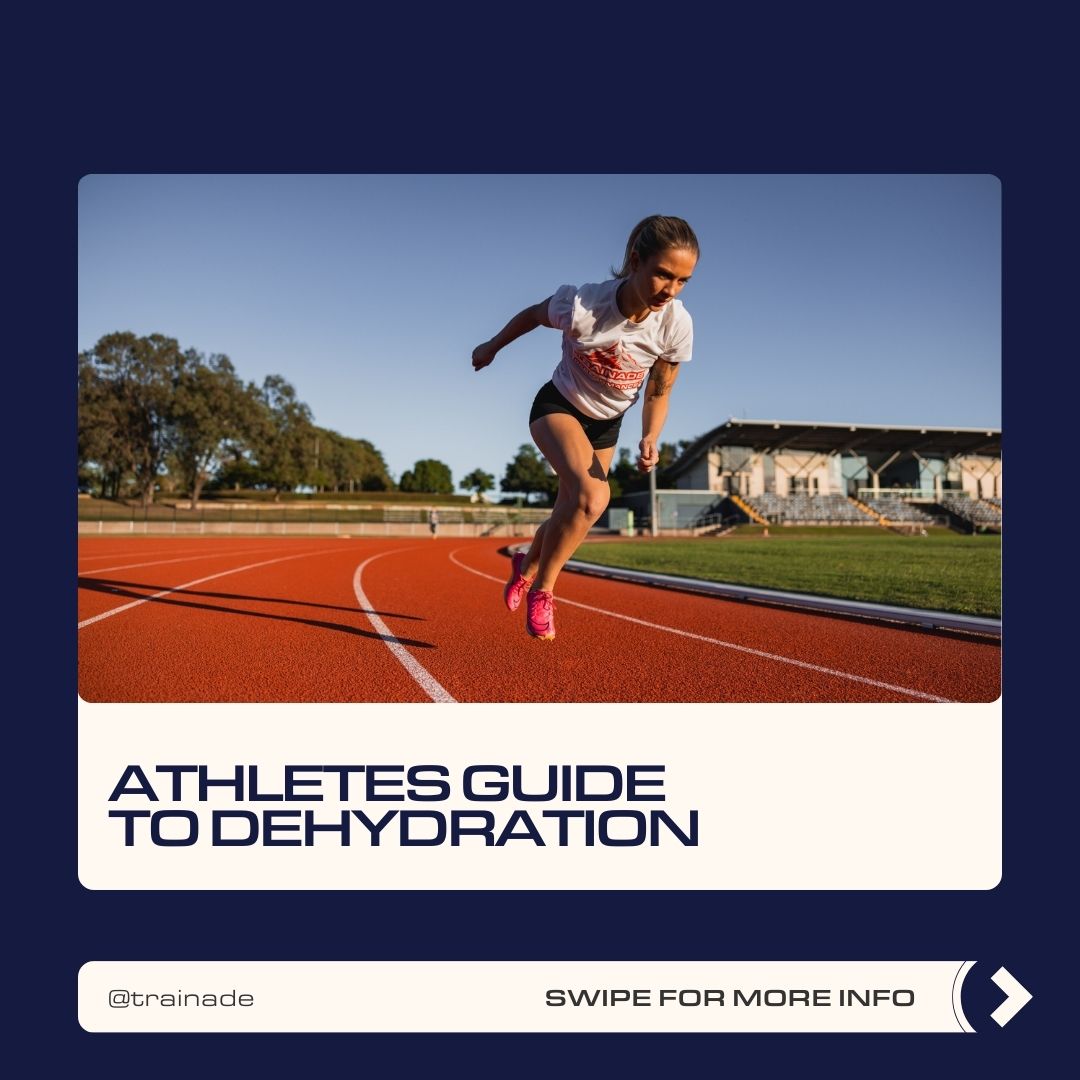What is dehydration, and how does it affect athletic performance?
Dehydration occurs when more water and fluid leave the body than enter it. Even low levels of dehydration can cause headaches, lethargy, and constipation. The human body is about 60% water; without this water, we cannot survive. Water can be found almost everywhere in our body from cells, to blood vessels, to between cells.
Causes
Sometimes dehydration often occurs because we do not drink enough water when we are sick, have a busy lifestyle, or do not have access to safe drinking water when traveling, hiking, or camping. Other major reasons may include:
- Diarrhea or vomiting
Severe acute diarrhea that occurs suddenly and violently can cause a tremendous loss of water and electrolytes in a short amount of time. If you have vomiting and fever along with diarrhea, you lose even more fluids and minerals.
2. Excessive sweating
You lose water when you sweat. If you do vigorous activity and do not replace the fluids as you go along, you can become dehydrated. Hot and humid weather increases the amount you sweat and the amount of liquid you lose.
3. Increased urination
This may be due to undiagnosed or uncontrolled diabetes. Certain medications such as diuretics and some blood pressure medications can also cause increased urination.
Signs and Symptoms
The body’s initial responses to dehydration are thirst to increase water intake and decreased urine output to try and conserve water loss. The urine will become more concentrated and more yellow. As the level of water loss increases, more symptoms can become apparent.
The following are further signs and symptoms of dehydration:
- Dry mouth
- Muscle cramps
- Nausea and vomiting
- Heart palpitations
- Lightheadedness, especially while standing
- Weakness
- Low blood pressure
These can be more pronounced for athletes who are constantly losing fluid through exercise, and this dehydration can begin to affect their performance.
When Does Dehydration Become a Problem?
Research suggests that only 2% loss in body weight (1kg for a 50 kg person) can be detrimental to performance. This change can increase the rate of perceived effort, i.e., how hard it felt to run at the same pace, decrease time to fatigue, decrease mental concentration and overall muscular strength.
The Strain on the Heart
When we work out our body heats up and as a response we begin to sweat. When we sweat our body moves fluid from our blood to our skin to evaporate into the air. The causes our blood volume to decrease and means our heart must work harder to pump oxygen and nutrients around our body.
Muscle Cramps
Cramps occur for a number of reasons including; over exertion on a muscle that is not used to the volume, lack of energy (carbohydrate) in the muscle to provide fuel, a lack of water or a loss of electrolytes.
Being dehydrated can cause muscles to lose fluid and also electrolytes which can cause imbalances. Muscles need a very specific balance of electrolytes to fluid in order to contract properly and this imbalance directly affects this and may be a reason they cramp.
An easy solution to this is to maintain fluid and electrolyte intake to close to losses during exercise!
Inability to focus
Water is important for many integral functions, including brain function. Not having enough water in our body causes us to feel lightheaded and may even cause some to faint. Dehydration also results in an inability to focus and concentrate, which is incredibly important for multiple sports.
A little difference goes a long way
It is said that only 2% loss in body weight, meaning 1 kg for a 50 kg person, can be detrimental to performance. This change can increase the rate of perceived effort, i.e., how hard it felt to run at the same pace.
The strain on the heart
When we work out, our body heats up. To counteract this, the body goes through a process called vasodilation. The blood vessels, especially near our skin, dilate, and our heart pumps out blood faster so that our body can cool down quickly. Dehydration causes our blood to become thicker, which can strain our heart and cause the body to feel more exerted.
Muscle cramps
As stated above—when you sweat and are dehydrated, your blood volume decreases. A decrease in blood volume means that it is thicker and takes longer to return to your heart. As a result, the amount of blood your heart pumps with each beat decreases. Consequently, less oxygen-rich blood reaches your working muscles.
Your rate of aerobic energy production decreases, and you must run at a slower pace. This process also leads to muscle cramping and a decrease in performance.
Inability to focus
Water is important for many integral functions, including brain functions. Not having enough water in our body causes us to feel lightheaded and may even cause some to faint. Dehydration thus also results in an inability to focus and concentrate, which is incredibly important for multiple kinds of sports.
A simple way to track your level of dehydration is to weigh yourself before and after a training session to assess how much fluid you have lost. To make sure you are rehydrated, replace 125-150% of the fluid lost in the training as well as replacing electrolytes if the exercise was of a long duration or high intensity.

